I hadn’t even parked my car yet and I was greeted with waves and smiles. As I walked a few short steps to the building, I was greeted many more times amidst the hustle and bustle.
Zena Democratic School is located in Kingston, NY, and serves about 75 students ages 5-18. The school officially transitioned from Hudson Valley Sudbury School to Zena Democratic School in 2023. The change reflects the direction the school had been heading in for years, to a more community based model.
The Nookish building sits on 62 acres of outdoor space, which offers plenty of opportunity for the school community to make use of. The variety of spaces in the building fits the philosophy and operation of the school perfectly.
As I toured the school, I learned more about its overall philosophy and what may happen on a given day. The conversations I had with students and staff were, in a word, incredible and covered a vast array of topics. One was about a card game some students invented, which led to a conversation about patents, maybe there will be more to this story…
Another was with a student whose passion is making music art. We talked about his transition from a conventional school to Zena, “it didn’t work for me then I found Zena, I get to spend a lot of time on what I love.” Somehow the conversation about his passion led to one about John Taylor Gatto . This student invited me to listen to a musical introduction he created for a podcast, we both agreed that the music had an upbeat, lighthearted but serious quality to it. This is a great representation of the vibe of the school.
Welcoming, upbeat, lighthearted, serious and purposeful. The name Zena means welcome; it’s palpable. There was a calm buzz, a sense of purposeful upbeat energy that permeated throughout everything. This was perhaps best exemplified during the student resolution committee meeting. This is where students and a staff member respond to submissions regarding any missteps of the community agreements, agreements that students came up with.
The process had all these elements: it was serious in the sense that there was accountability and a procedure, purposeful because its function is to uphold the community agreements, lighthearted in that it wasn’t filled with animosity, upbeat as far as these things can be, and welcoming because it’s not about punishment or judgment.
All the students I spoke to had a lot to share about Zena. Many spoke with fondness about the democratic process and the fact that they have a say in decisions. “We get to make decisions, and I like it.” “We have to listen to and try to understand each other.”
When I asked if they felt bad for other kids who don’t have that experience, it was a mixture of “some kids like not having to make decisions.”, and “I feel bad for the kids who want to come here but can’t.”
Students explained that they get to decide which course/class offerings there will be during the year. This will vary based on student interests, needs, and feasibility. New offerings will be available soon and there is a general sense of excitement about it.
Students spoke about the practical experiences they are offered during their time at Zena. For example, students working their shifts in the school store told me how this practical skill helped them learn and apply math.
Ironically as I was thinking with all of these great offerings, the democratic process and meetings, the energy of school, it would be hard to be bored here. A conversation popped up with Matthew Gioia, Head of Admissions. During one of the democratic meetings students decided to limit the amount of smartphone use to two hours per day. This was because students felt school was becoming “boring” as students were not engaging with each other due to being glued to their phones.
From the student's fondness for the democratic nature of the school to the practical, experiential nature of the learning. It’s clear that Zena Democratic School offers students a rich, personal, community-focused experience.
As the breadth of educational options and the educational landscape continues to expand, Democratic Schools such as Zena can offer a critical option for students and families not only from an educational standpoint but from a societal standpoint where we learn how to work with each other.

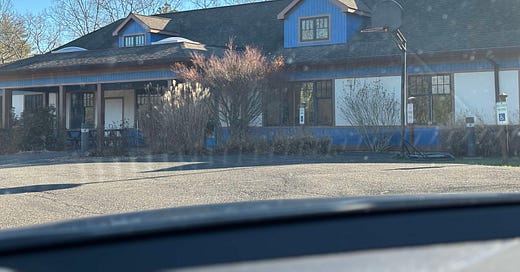



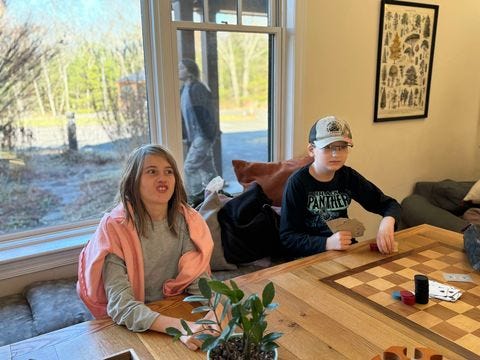
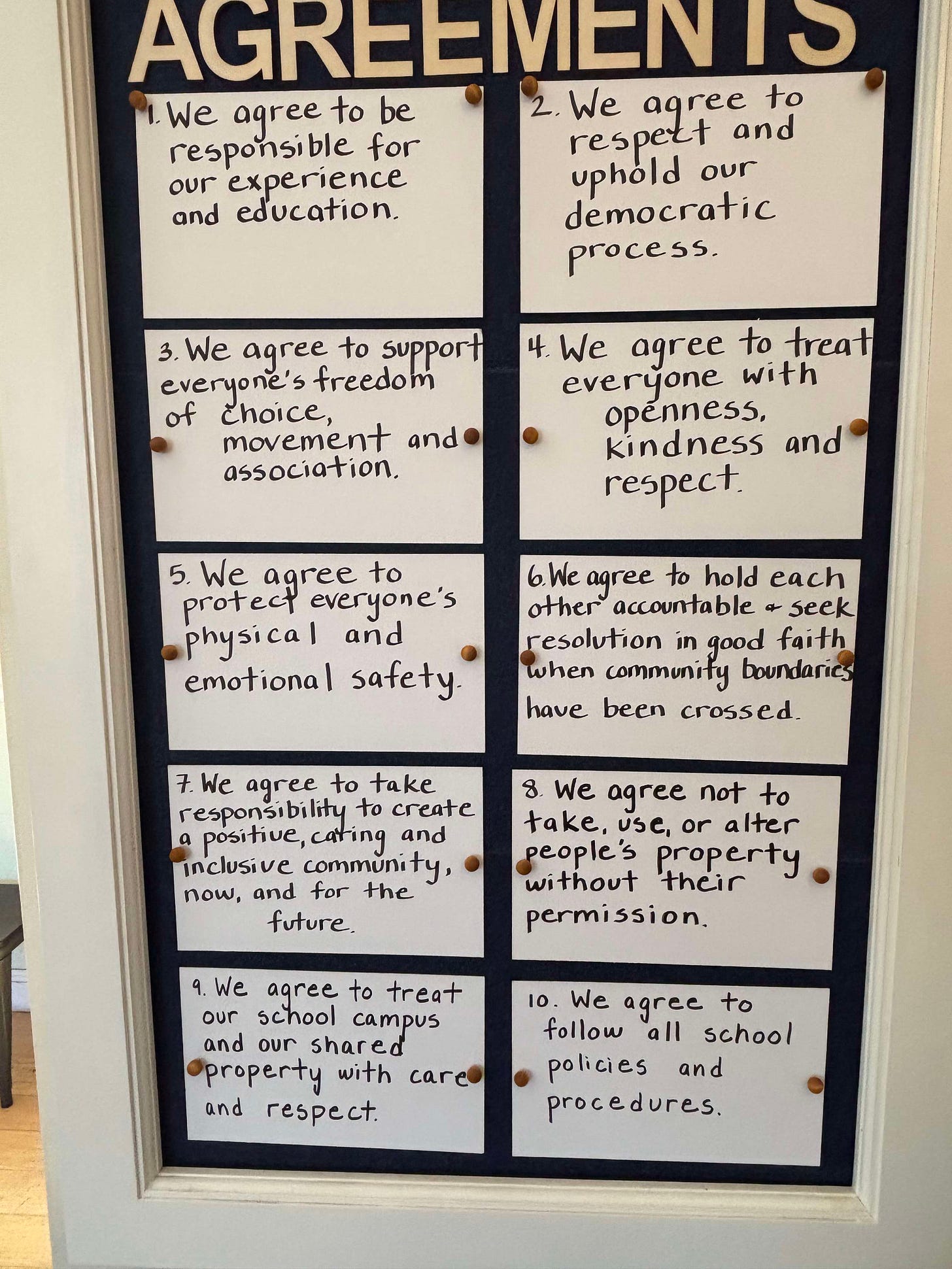
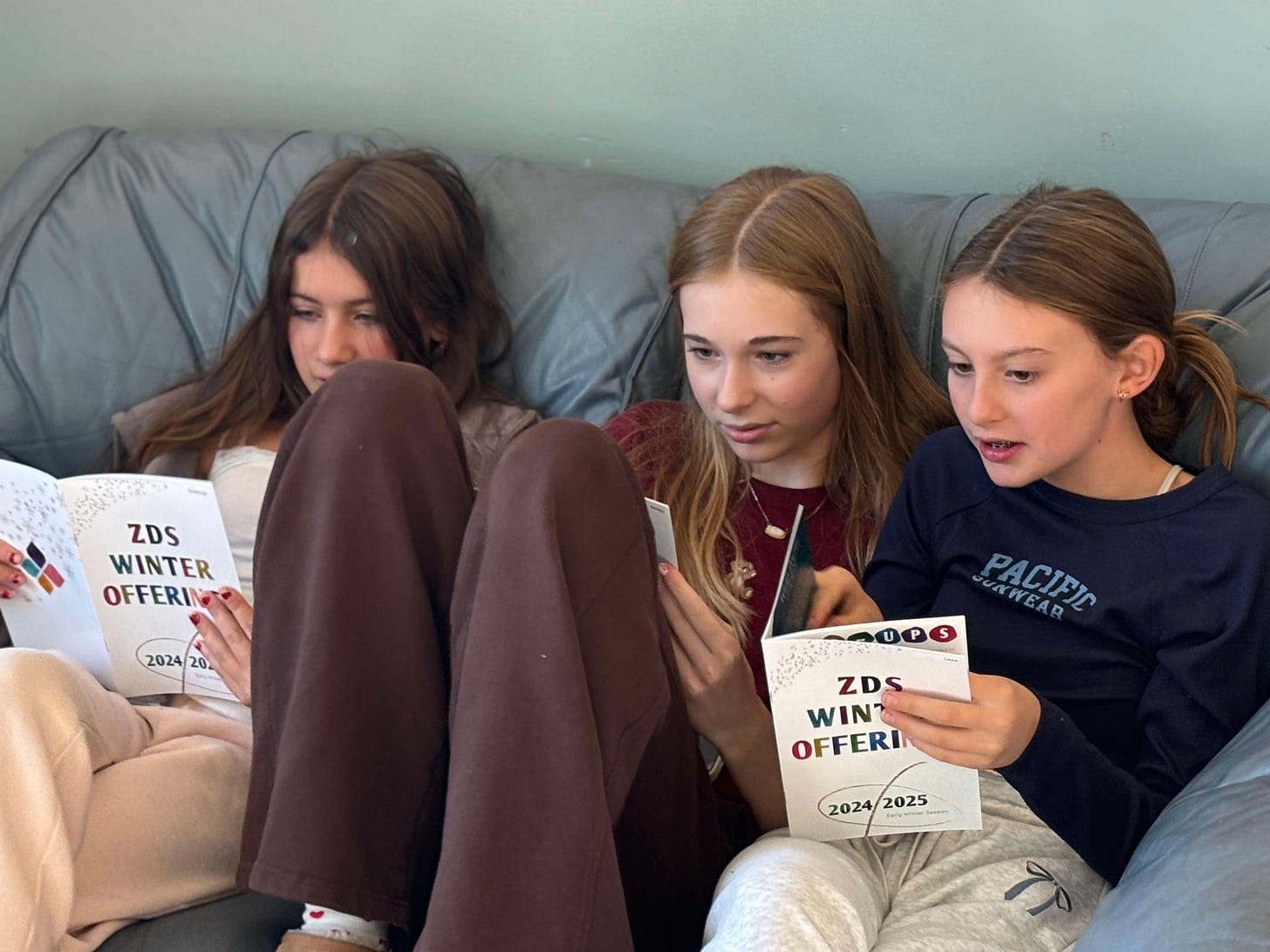
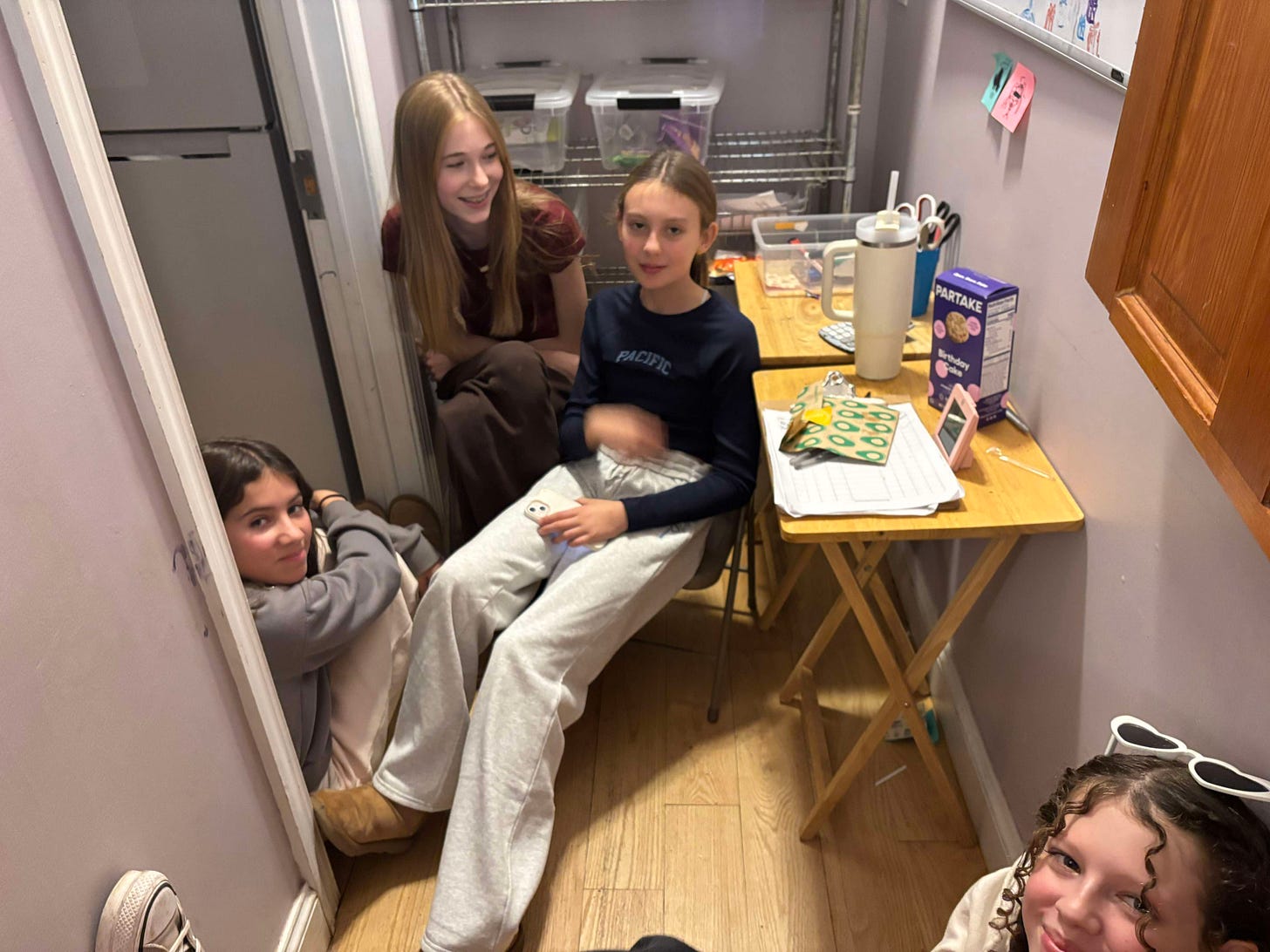
I attended the Sudbury conference years ago. When they left the Sudbury model, did they change their conflict resolution process from the judicial committee? How do they do it now? It was interesting to see the community agreements. How is the law/rule making process look now? Do rules stay indefinitely until they are removed, leading to those expanding Sudbury rules books? Are is it more Agile style: try it, modify it, let it fall away or drop it? I'm quite curious what has changed from the original Sudbury model. I imagine the campus is just as stunning as ever, with that beautiful wood right there.